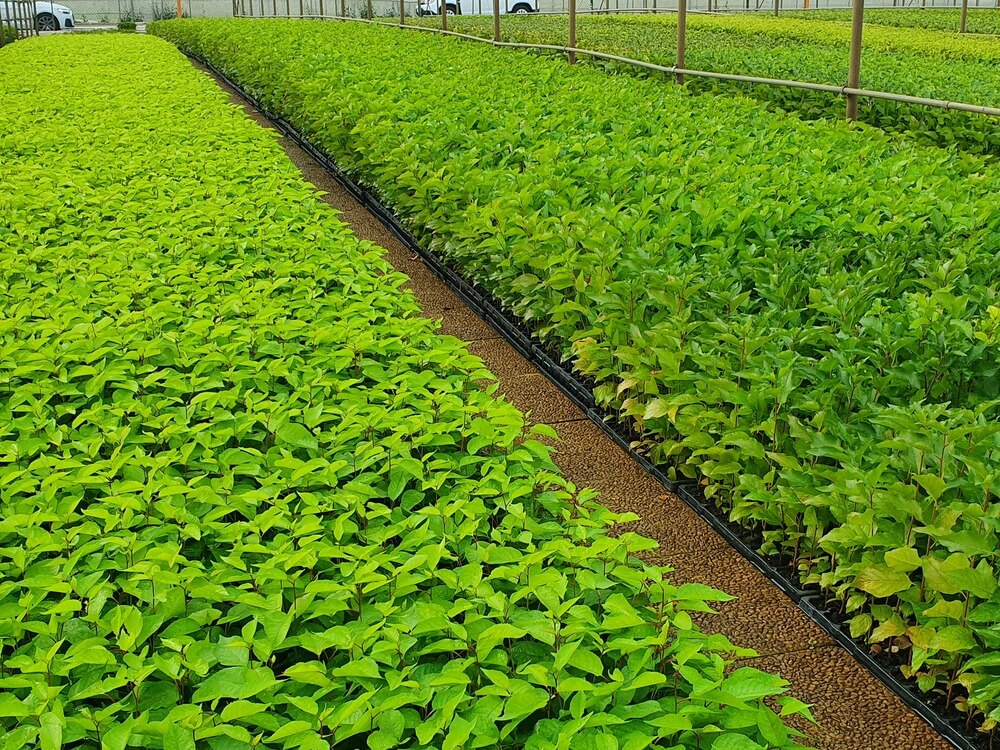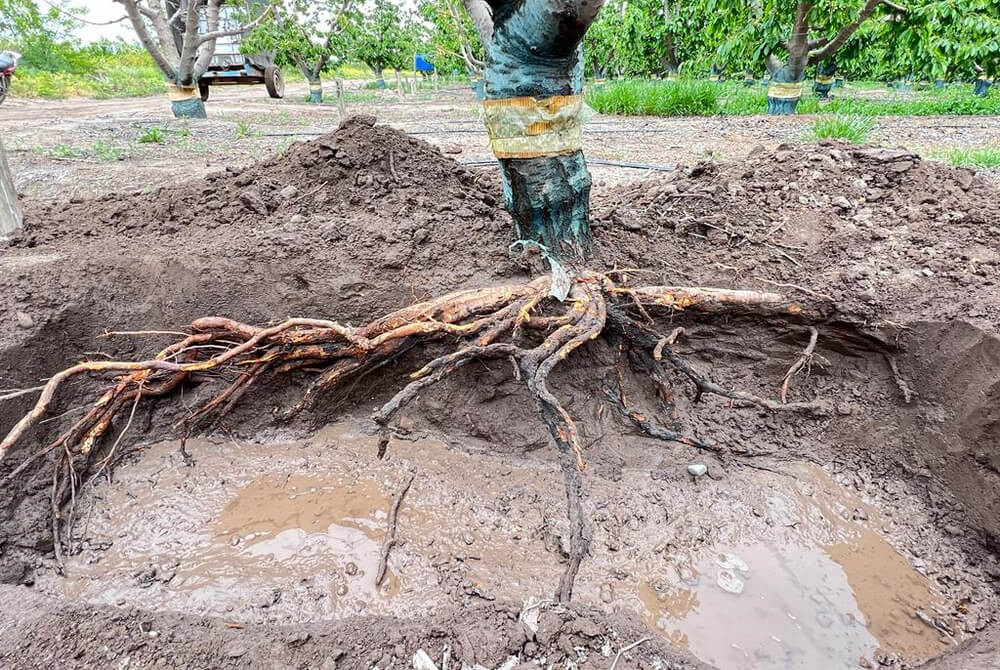The seventh edition of CherryExpo, organised by the University of Talca and A.N.A. Chile, also addressed strategies to improve fruit quality and maintain international competitiveness.
The introduction of new varieties and their experimentation in different climate zones to improve fruit quality and maintain international competitiveness in the face of climate change was one of the main topics discussed during the seventh edition of CherryExpo, organised by the Centro de Pomáceas de la Facultad de Ciencias Agrarias de la Universidad de Talca and A.N.A. Chile.
One of the main topics analysed by researchers and producers at the event was the difficulties the cherry market is facing due to climate change. In this regard, Pomaceae Centre researcher Álvaro Sepúlveda explained that the fact that this winter has been cold enough has affected the quality of the fruit, resulting in late and prolonged blossoming that has slowed down ripening.
"In addition, the rains brought by the El Niño phenomenon since August have had a negative impact on early harvests, as water comes into contact with ripe fruit and breaks down. These situations have generated losses in orchards of up to 50 per cent" he said.
The alternatives
The scenario facing this sector forces growers to cultivate with other techniques and to plant in strategic locations in order to obtain satisfactory and profitable harvests.
José Antonio Yuri, director of the Centre of Pome fruits at the University of Talca, explained that 'with cherries it is not easy for the fruit to adapt to climate change, so strategies are used to protect the crop with plastic covers so that water does not affect it, the application of chemicals, as well as planting in areas with a low risk of frost or rain.
However, the focus is also on the introduction of new varieties, with earlier harvests, destined for a distant and increasingly demanding market'.
The centre is currently working on a Maule FIC project related to these issues, called 'Artificial intelligence applied to monitoring the behaviour of new cherry and apple cultivars in potentially productive areas of the Maule region'. The initiative is financed by the Maule regional government and aims to generate new varieties of these fruits with the objective of competing outside the period in which most of the volume offered by Chile is harvested.
Industry-university link
The CherryExpo is an activity that creates a connecting space between the fruit industry and the Faculty of Agricultural Sciences of the University of Talca. This was stated by the Centre's director, emphasising that 'a large number of participants from the cherry sector take part in this event, now in its seventh version. In response to the demand for solutions to local production problems, six years ago we created the Cherry Unit within the Pomaceae Centre, where we make the problems of producers our own,' he explained.
For her part, Lorena Pinto, Product Manager of A.N.A. Chile Cherries, emphasised that the collaboration with the University has evolved greatly since its beginnings, to the point where it has become a scenario for presenting a wide range of fruit varieties that are now experiencing an unusual season due to climatic problems.
"This season we are debuting new varieties, unfortunately in a rather complicated year due to climatic issues, as the fruit does not reach the potential we have seen over the seasons. We have a rather long evaluation programme, with three harvests and post-harvest with the University of Talca's Pomaceae Centre, with varieties grown in Ovalle, Catemu, which allows us to compare the behaviour in different climates," he said.
Source: CauQuenesnet
Image: Smartcherry
Cherry Times - All rights reserved










